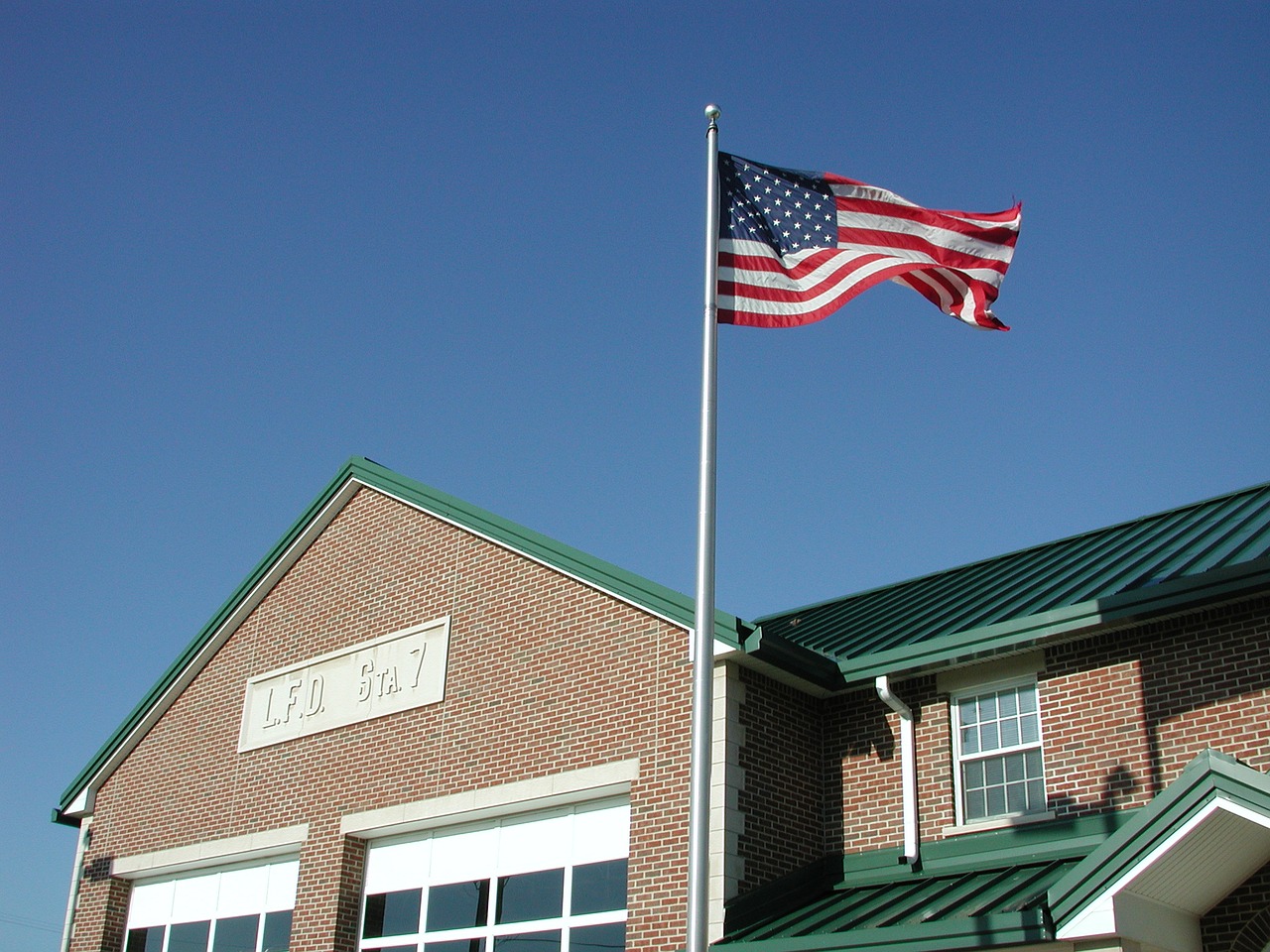The Oregon legislature has repealed a ban on construction of new critical facilities in tsunami inundation zones.
The action now allows fire stations, police stations, and schools to be built where tidal waves caused by offshore earthquakes could strike the coast.
An Oregon State University professor and an earthquake geologist argued that building in a tsunami zone is a foolhardy strategy with the potential for waves to reach seven stories in height.
But officials in coastal communities countered that placing an outright ban on new facilities creates a hardship that could stifle development.
A new facility being built by the University of Oregon in a tsunami zone demonstrates the lengths designers have to go to in order to make buildings able to withstand strong earthquakes and the biggest tsunamis. The building will feature a rooftop evacuation site that can accommodate more than 900 people.
The neighboring states of Washington and California have beefed up building codes in recent years to address the threat of tsunamis. Washington requires municipalities and counties to establish rules to limit development in areas that are frequently flooded or could be hit by tsunamis. California does not restrict development in tsunami zones, but it recently amended its building code to require that certain types of buildings be constructed to withstand tsunamis.
Related Stories
| Oct 6, 2011
Taking tenant behavior into account on building energy codes
Over the past few years, Seattle, San Francisco, Austin, and Washington, D.C., have passed laws requiring property owners to measure and disclose their energy use, which would help place a market value on a building’s efficiency and provide a benchmark for improvements.
| Oct 6, 2011
Constructed properly, green roofs hold up well in a hurricane
The heavy rains and high winds of Hurricane Irene didn’t cause any problems for a Con Edison green roof in New York City. The roof contains sedum, a plant that adapts well to drought and handles periods of heavy rain well.
| Oct 6, 2011
RoofPoint: A new green standard for roofs
Structured much like other rating systems, RoofPoint, establishes green standards specifically for roofs.
| Oct 6, 2011
Roofers critical of new OSHA harness rules
Roofers say a new OSHA rule requiring all residential roofers to wear a safety harness makes workers less safe, and is causing lost business for those who comply with the rule.
| Oct 6, 2011
Florida county proposes saving on construction costs by trumping city regulations
This summer, Pinellas County, FL wanted to save money on an $81 million public safety complex in Largo by using the county’s own building regulations and permit fees, not the city’s more expensive fees.
| Sep 30, 2011
OSHA Releases New Nail Gun Safety Document
The Occupational Safety and Health Administration and the National Institute for Occupational Safety and Health have developed a new guidance document, Nail Gun Safety—A Guide for Construction Contractors.
| Sep 30, 2011
Cement Industry Advocates For Environmental Regulatory Relief
EPA regulations impacting the cement industry could force the closure of 18 of the nearly 100 US cement plants and cost 4,000 manufacturing jobs .
| Sep 30, 2011
IRS Releases New Rule On Reclassifying Independent Contractors
The Internal Revenue Service (IRS) has a new Voluntary Classification Settlement Program that allows an employer to reclassify independent contractors as employees if those workers previously were misclassified.
| Sep 29, 2011
Illinois Grapples With Definition of ‘Clean’ Construction Debris
The Illinois Pollution Control Board holds hearings this week about construction debris rules proposed by the state Environmental Protection Agency.
| Sep 15, 2011
Alabama Prepares First Statewide Residential Building Code
Following a series of devastating tornadoes that ripped through Alabama on April 27th, the state is preparing to implement the first statewide building code for residential structures.







